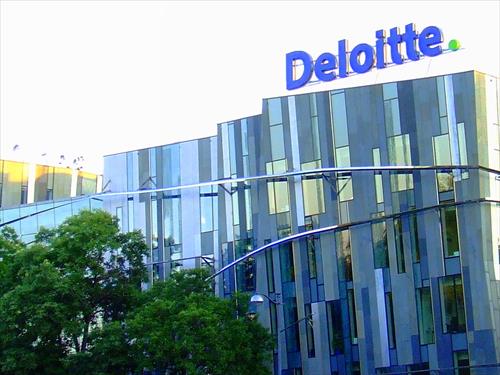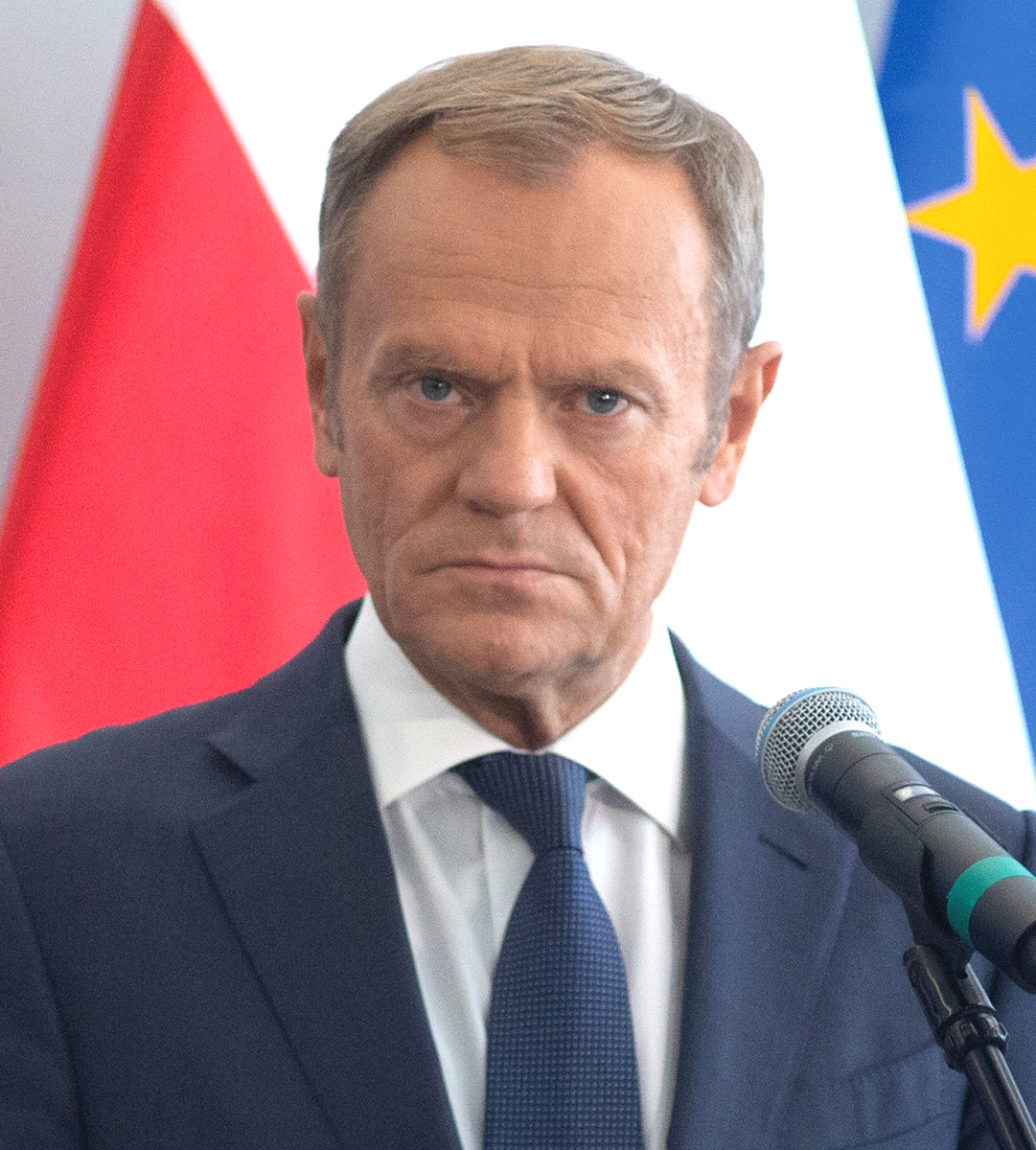
It’s a fact that by 2020 over 50% of your workforce will be made up of Millennials, those born between the mid-eighties and approximately the year 2000. Some say, it’s going to be more challenging to retain them than any other generation that’s come before.
One thing is for sure, as any quick google search will reveal, there is a lot of opinion on the internet as to what makes a millennial tick. It’s hard to know what’s right and what’s wrong.
So I’d like to bust some of those myths right now.
To do that, I’ve examined what two successful organisations are already doing to get the most out of their modern workforce.
I am also going share with you three easy steps to ensure you are getting the best out of your millennials and the rest of your workforce too.
So do Millennials have it easy? Are they lazy? Do they believe that they are entitled?
Case Study: Apple
This is an easy myth to bust. You only have to pop into your nearest Apple Store to see a room full of buzzing Millennial employees multitasking with technology at a level that most of us would struggle with.
They seem engaged too. I know many Apple employees are proud to work there and it’s not because they have access to some of the worlds best gadgets. It’s because their organisation invests in them.
Apple runs internal stretch programmes which allow employees to apply for lateral internal roles for six to twelve months. This gives them exposure of parts of the business that take them out of their comfort zone. It’s incredibly engaging for the employee and costs very little. As a result, employees get a new perspective on an existing role.
The tech savvy employees at Apple aren’t lazy (no more than any other employee) because they’ve been given access to an environment that includes the right tools and technology. And they are engaged because Apple works hard to keep them engaged with an innovative development programmes in which Millennials can find a part of the business where they can stretch and thrive.
Case Study: Deloitte
Professional Services firm, Deloitte, is another global organisation that invests time, effort and energy into developing and leading their Millennial workforce.
It starts at the recruitment stage. They ensure that the talent they recruit have values that align with the values of the organisation. This is smart because Deloitte needs it’s workforce to be high performing during periods of increased pace and pressure.
For that to work, you need employees who fit. Not just in terms of knowledge, skills and experience but also alignment of values and purpose.
What has this got to do with Millennials specifically? Well at interview stage Millennials are more likely to ask questions about values and vision, than pension and pay. This means that they want to work for an organisation who's purpose matches their view of the world. Align a Millennials purpose with your company purpose and watch that Millennial go above and beyond for you.
Deloitte has a crystal clear and compelling organisational vision and their managers and leaders are able to confidently cascade the firms message in everyday language throughout their teams. This in itself is incredibly motivating because everyone at Deloitte knows exactly what they are working toward.
Clearly communicating company vision and strategy has a profound impact on the Millennials who work there. Given clear direction, Millennials are more likely to give discretionary effort. They work harder because they want to, not because they're told to. They go the extra mile because they feel motivated to achieve company goals. Best of all, they find innovative ways to get there.
Don’t underestimate the power of how a clear values, goal and strategy can attract and stimulate the fresh thinking of a Millennial to move your organisation forward.
If all that isn’t inspiring enough, as promised, here are three simple techniques that you can implement straight away with your teams. These strategies will not only help you engage your Millennial workforce, but develop them too.
Engaging with Millennials
Firstly, teach Millennials to arrive early for meetings. This is an quick, easy way for them to make themselves known and create a positive impression, especially with different generations. Encourage your Millennials to keep their phones in their pockets and use the opportunity to speak to whoever else has arrived early, including the leader of the meeting. Building that kind of respect and reputation will be invaluable to them for future opportunities.
Secondly create a WOW. A way of working. In other words, a team charter. A document that outlines how your team work best together. The WOW is designed to hold the team accountable. It’s particularly useful if you are integrating mixed generations in the team as the creation of it gives everyone a voice. Team charters become even more useful when the pressure is on and the going gets tough because it’s a quick and easy way to restore best working practice when someone goes off track. A WOW can and should evolve so revisit it often.
Finally, ensure that everyone in your company can explain the company vision & strategy simply and clearly in their own words. How can your managers steer their teams in the right direction if they themselves can’t articulate where they are going, how they are contributing to company goals and when they’ve reached them.
Isn’t it surprising how simple some of these ideas are but how only a few organisations are good at implementing them?
One final thought. Generation Z are just leaving university and applying for jobs. The better you get at leading and developing Millennials, the more ready you’ll be for the new generation of young talent bursting into the workplace.
Jamie Summers is a Director at The Skills Farm - Winner of the Apple Spirit of Business Award 2013 for Training Design and Delivery.
jamiesummers@theskillsfarm.co.uk







